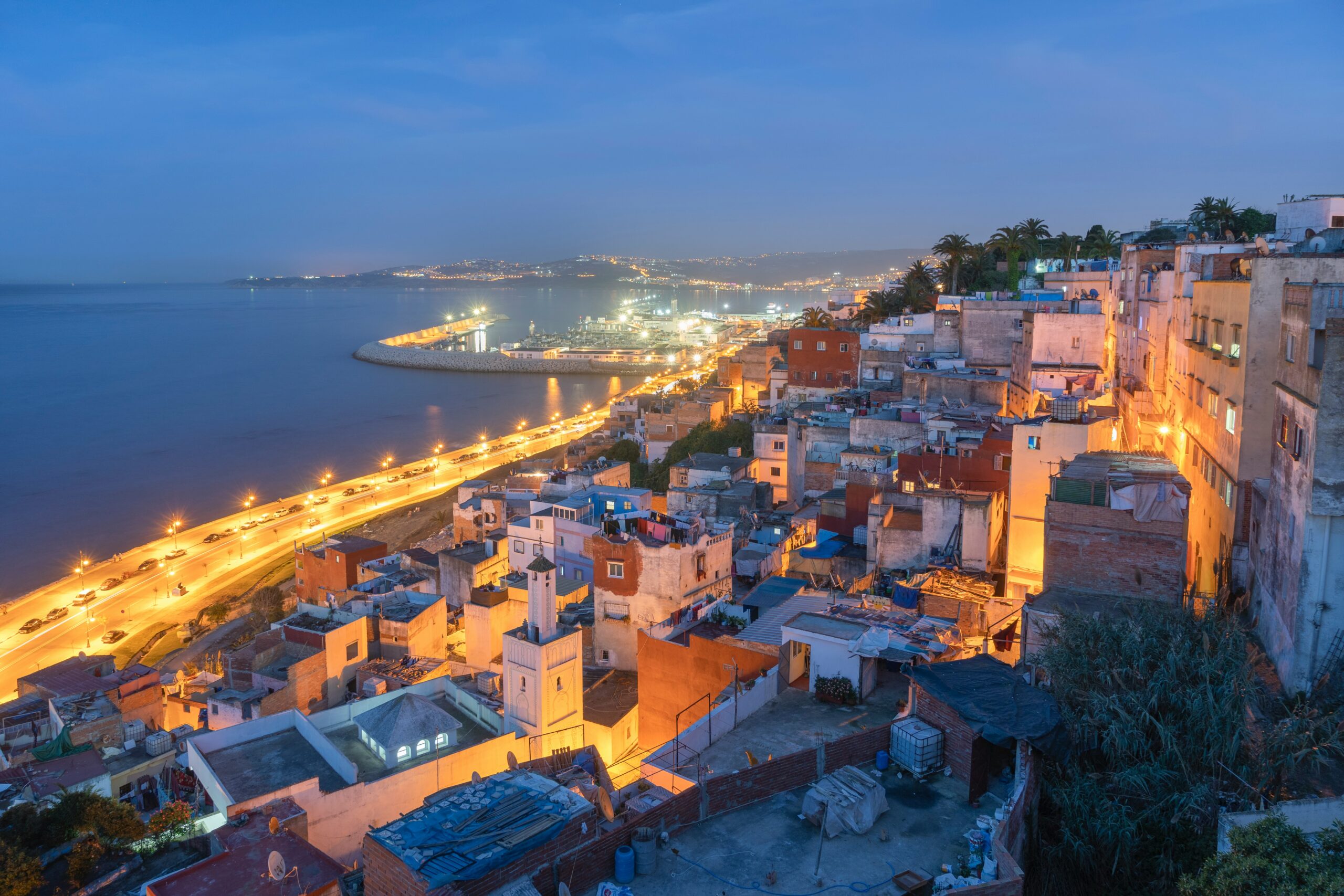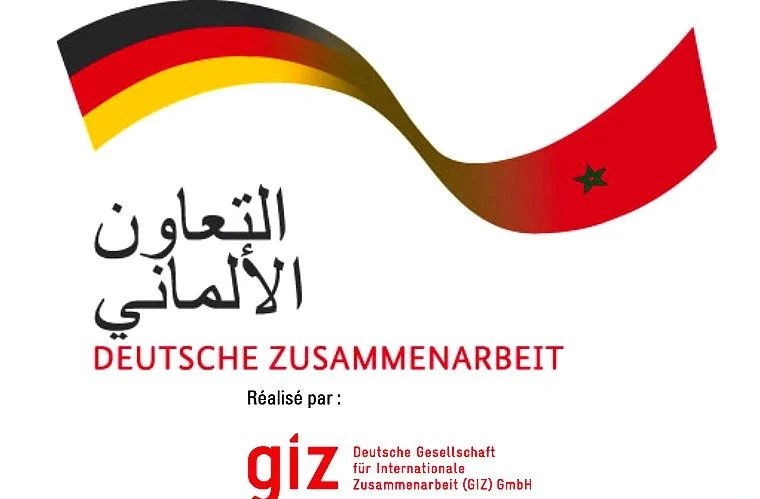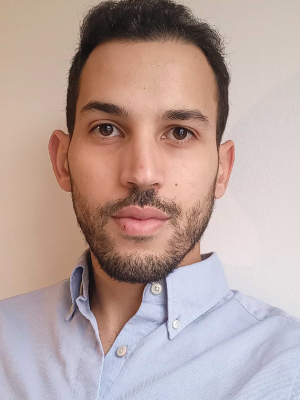Building Urban Water Resilience With Circularity
Morocco Urban Circular Water Resilience Initiative (Morocco UCWRI). By fostering a collaborative and informed environment, the Morocco UCWRI envisions the creation of a feedback loop in which learning, dialogue and action reinforce each other to achieve sustainable urban water resilience.



Years active:
2024 - 2026
Related ICLEI Pathway(s)
Locations
Funded by

About
Project summary
By applying circular economy principles, the Morocco UCWRI helps cities align urban planning and water management for greater water resilience.
Morocco Urban Circular Water Resilience Initiative (Morocco UCWRI):
Amidst pressures of rapid population growth and decreased rainfall in a changing climate, the Kingdom of Morocco’s urban areas face various challenges to water resilience. These span scarce supply, non-revenue losses, insufficient infrastructure investment, flooding and ecosystem degradation — exacerbated by institutional and disciplinary fragmentation As part of the Circular Economy in Urban Water Management Systems project, supported by the German Development Cooperation (GIZ), the Morocco UCWRI assists urban areas in developing a multi-stakeholder approach to building greater water resilience through circular economy principles and greater alignment between the spatial planning and water sectors.
This overarching objective is supported by three main areas of work:
- capacity-building and awareness-raising among government officials, the private sector and civil society;
- peer-to-peer learning and engagement between Moroccan and other Mediterranean cities; and
- establishing a multi-stakeholder action platform for the identification of potential pilot projects.
By applying circular economy principles, the Morocco UCWRI helps cities align urban planning and water management for greater water resilience.
Morocco Urban Circular Water Resilience Initiative (Morocco UCWRI):
Amidst pressures of rapid population growth and decreased rainfall in a changing climate, the Kingdom of Morocco’s urban areas face various challenges to water resilience. These span scarce supply, non-revenue losses, insufficient infrastructure investment, flooding and ecosystem degradation — exacerbated by institutional and disciplinary fragmentation As part of the Circular Economy in Urban Water Management Systems project, supported by the German Development Cooperation (GIZ), the Morocco UCWRI assists urban areas in developing a multi-stakeholder approach to building greater water resilience through circular economy principles and greater alignment between the spatial planning and water sectors.
This overarching objective is supported by three main areas of work:
- capacity-building and awareness-raising among government officials, the private sector and civil society;
- peer-to-peer learning and engagement between Moroccan and other Mediterranean cities; and
- establishing a multi-stakeholder action platform for the identification of potential pilot projects.
By fostering a collaborative and informed environment, the Morocco UCWRI envisions the creation of a feedback loop in which learning, dialogue and action reinforce each other to achieve sustainable urban water resilience.
The project team
Building Urban Water Resilience With Circularity team






